#English Language and Literature
Explore tagged Tumblr posts
Text
the sheer whiplash of my classes bro. one second i'll be in english stressing so hard about having to do an oral examination and seemingly like 5 minutes later i'm in french class writing a pop quiz about snoopy from peanuts stealing large amounts of cheese from a cheesery (i forget the english word for it but the french word is fromagerie) in the jura region of france
#school#international baccalaureate#school quotes#french#english lang and lit#english language and literature#english
28 notes
·
View notes
Note
Hello. I saw in your bio that you study ELL. May I ask where and for how long? Do you mind sharing some of your resources with a teenager who pursues the same dream as you? I'm interested in philosophy and sociology mostly but anything you want to share is fine. (I don't want to be a creep, I just like your blog and style and that's pretty much it. Thank you!)
Hello to you too dear. First of all, this is the first question I've ever got in this app and it being related to my major means the world to me so thank you for that.
I've been studying ELL for 3 years now in my homeland Turkey, but I'll soon be an exchange student transferring to a university in Europe. At first, I wanted to study linguistics but it is so hard to do that here as public universities usually don't teach it. So, I decided to go for ELL.
I'm not sure whether you're a beginner or advanced in this field but I'll state them as a list under the titles of the lectures I've taken from year 1 to 3, so it'll be easier for you to follow. Even without diving into the literature part it'll be a long list!
1. Textual Analysis (Personal favourite)
This course starts with the question of what is literature and continues with discussions developed over analyzable text types. In this course, it is aimed to provide analytical reading skills that are of maximum importance for literary studies, focusing especially on texts from the prose type. By using practical text analysis methods in the course, it is shown how the students should approach the text when they encounter similar texts.
https://www.goodreads.com/book/show/2784.Ways_of_Seeing
https://www.goodreads.com/book/show/11298348-rhetoric-of-the-image
https://www.goodreads.com/book/show/6717156-a-meditation-upon-a-broom-stick
https://www.goodreads.com/book/show/7624.Lord_of_the_Flies
https://www.goodreads.com/book/show/2932.Robinson_Crusoe
https://www.goodreads.com/book/show/29903.The_Plato_Papers
https://www.goodreads.com/book/show/2355014.Ozymandias
https://www.goodreads.com/book/show/1349889.The_Shield_of_Achilles
https://www.goodreads.com/book/show/12204.The_Road_Not_Taken_and_Other_Poems
https://www.goodreads.com/book/show/81780.A_Poetics_of_Postmodernism
3. Mythology / Classical Literature
The aim of this course is to examine the Greek and Northern mythologies and the contributions of these mythological systems to English Literature in detail. In the second semester of this course, which consists of two semesters, students will be taught examples from Classical Greek drama so they will have made a preparation for the drama lessons they will take in their 2nd, 3rd, and 4th years.
https://www.goodreads.com/book/show/588138.The_Hero_With_a_Thousand_Faces
https://www.goodreads.com/book/show/30289.The_Republic
https://www.goodreads.com/book/show/13270.Poetics
https://www.goodreads.com/book/show/752900.Medea
https://www.goodreads.com/book/show/1554.Oedipus_Rex
https://www.goodreads.com/book/show/12914.The_Aeneid
https://www.goodreads.com/book/show/35546041-the-saga-of-the-volsungs-with-the-saga-of-ragnar-lothbrok
We have also covered the Illiad, the Odyssey, and Theogony/Works and Days but they're the basics so I didn't include them necessarily.
4. Medieval Thought and Literature
With this course, it is aimed that students will read the texts of Chaucer and his contemporary authors. In the light of the characteristics of the period, the texts will be examined in a cultural and historical context, and the literary genres and traditions of the period will be examined.
https://www.goodreads.com/book/show/823647.The_Art_of_Courtly_Love
https://www.goodreads.com/book/show/119073.The_Name_of_the_Rose
https://www.goodreads.com/book/show/6656.The_Divine_Comedy
https://www.goodreads.com/book/show/51799.The_Decameron
2. British Intellectual Thought (Personal favourite #2)
This course attempts to cover selected texts that contribute to British and European intellectual scene from the the 16th century onwards. It aims to teach the development of the British intellectual world while examining the selected works in relation to the socio-cultural atmosphere they were created in. It also tries to teach the students how to read and respond to the chosen texts critically.
https://www.goodreads.com/book/show/303488.A_Defence_of_Poetry
https://www.goodreads.com/book/show/7496681-advancement-of-learning-novum-organum-new-atlantis
https://www.goodreads.com/book/show/38483444-answer-to-sir-william-davenant-s-preface-before-gondibert
https://www.goodreads.com/book/show/250278.An_Essay_On_Criticism
https://www.goodreads.com/book/show/584637.Utilitarianism
https://www.goodreads.com/book/show/677591.The_Subjection_of_Women
https://www.goodreads.com/book/show/30529.A_Philosophical_Enquiry_into_the_Origin_of_our_Ideas_of_the_Sublime_and_Beautiful
https://www.goodreads.com/book/show/11971338-of-the-standard-of-taste
https://www.goodreads.com/book/show/705331.On_Heroes_Hero_Worship_and_the_Heroic_in_History
https://www.goodreads.com/book/show/251264.Culture_and_Anarchy
https://www.goodreads.com/book/show/599840.On_Art_and_Life
https://www.goodreads.com/book/show/637963.The_Decay_Of_Lying
5. Children's Literature
This course aims to introduce British children's literature through reading and analysing canonical texts of children's literature from different time periods and sub-genres such as fairy tales, children's fantasy literature, animal stories, picture books, Christmas narratives and adventure stories. This course is designed to equip students with the skills of reading children's literature from a critical perspective by scrutinizing recursive motifs, patterns, linguistic elements, social, cultural and historical codes embedded in the assigned texts.
I included this as well, as it also discovers the essays and works of various philosophers on learning, teaching, and the shaping motifs of society.
https://www.goodreads.com/book/show/2273164.Some_Thoughts_Concerning_Education
https://www.goodreads.com/book/show/90078.An_Essay_Concerning_Human_Understanding
https://www.goodreads.com/book/show/5326.A_Christmas_Carol
https://www.goodreads.com/book/show/2623.Great_Expectations
https://www.goodreads.com/book/show/295.Treasure_Island
If you also need the PDFs, just DM me and I'll provide you with them right away. Wish you the best with your and anyone's studies that saw this post!
#books#english language and literature#philology#college#university#dark academia#chaotic academia#poetics#the republic#greek mythology#norse mythology#philosophy#sociology#the secret history#henry winter#aesthetic#girlblogging#english lit student#english literature#bookblr#good luck bestie#bye now
9 notes
·
View notes
Text




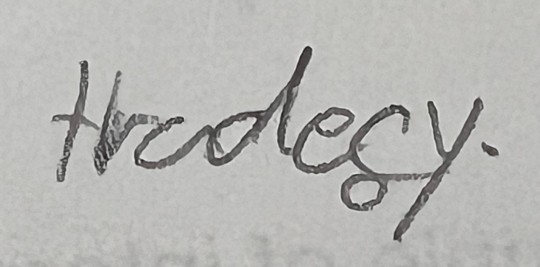
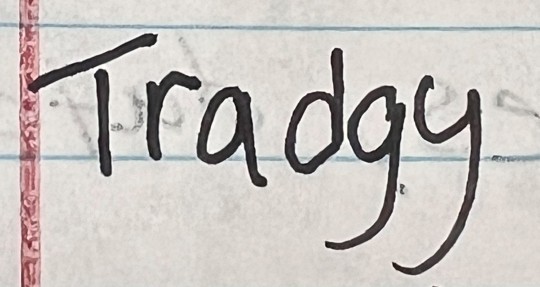
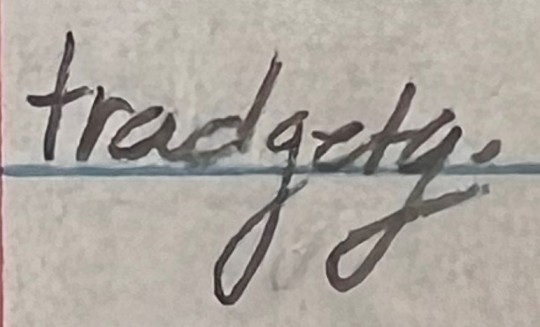
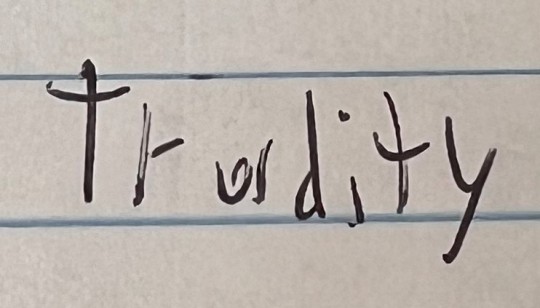
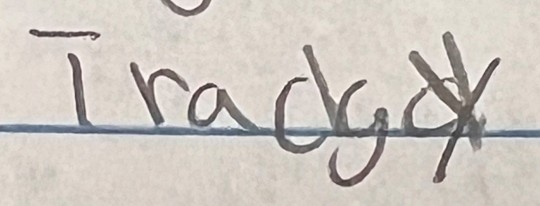
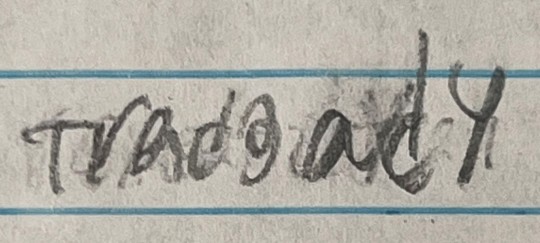





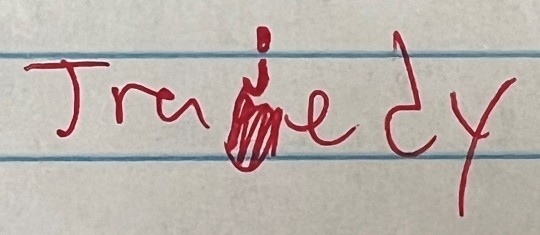




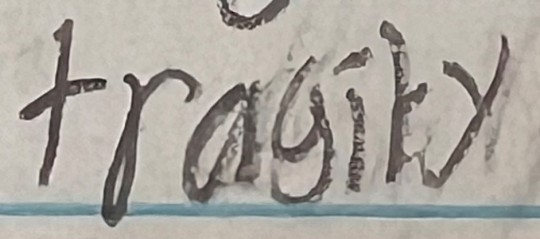
Another year, another group of my delightful ninth graders trying to spell the word "tragedy" for their Romeo and Juliet assignment.
Last year's collection
#i started questioning how to spell it myself#but again... at least they knew the right answer#i love them endlessly#teacherblr#teacher life#teaching#english class#english teacher#grammar#literature#romeo and juliet#shakespeare#william shakespeare#language#tragedy
67K notes
·
View notes
Text

– Noor Unnahar, Instagram account "noor_unnahar"
[TEXT ID: / [Lemons] / My father's mother loved lemons. Years after her passing, / we run out of everything, but never / lemons. / Nothing else shelters grief / better than memory. / It's my father way of saying, / even in your absence, you will be / cared by me. / END ID]
#reminds me of my mom who now watch english movies even though english is not her first language and struggles to understands too but she do#all this because of my brother who loved to watch different movies while growing up but now move to another countryy#so she remembers him while watching that#now we all should cry together#light academia#dark academia#excerpts#fragments#poetry#words#literature#noor unnahar#spilled poem#short peoms#grief poem#grief#on grief#spilled thoughts#peots on tumblr#spilled ink
19K notes
·
View notes
Text
Had a 'awakening' moment while abroad with work recently. Made a comment on an object in museum and well, apparently things I have started to consider basic knowledge are apparently not so basic.
Like its not an echo chamber of one correct opinion or political stuff or anything but nope. Echo chamber of everyone knows these things about history and art, that are actually very highly specific pieces of information that only a small percentage of people actually knows.
#adhd problem?#too much university education problem?#too much humanities#I have 2 BA degrees and they are both humanities but both cover 2 fields#English Language and Literature#Japanese Language and Culture#Then add my MA degree in English Teaching on top and well its an interesting mix#Culture was taught by person with a folklore and anthropology background#have had to take detailed classes on the histories of both Japan and England#That is a big part of World History crossover right there
1 note
·
View note
Text
All she ever wanted was for his words to align with his actions, to make her feel important and love her like she was the only woman in his world.
#spilled words#love#text#dark academia#literature#her#intimacy#dark romanticism#english literature#love quotes#love language#caruccio
2K notes
·
View notes
Text
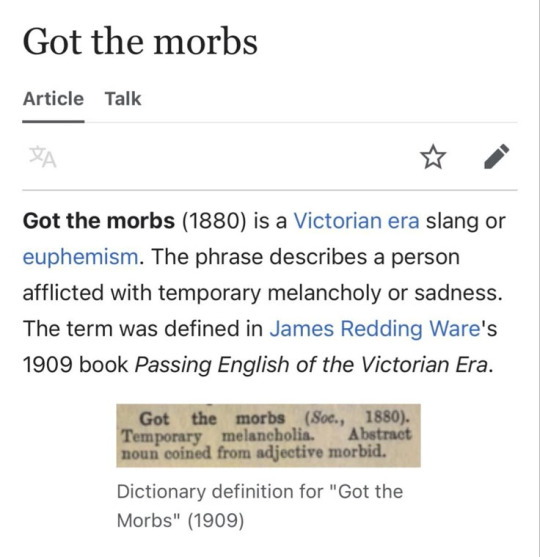
#dark academia#romantic academia#chaotic academia#books and coffee#light academia#moodboard#quotes#dark academia aesthetic#academia aesthetic#dark academia moodboard#soft academia#soft aesthetic#classic academia#light academia moodboard#light academism#dark academia vibes#darkacademia#aesthetic#literature academia#source: pinterest#pinterest moodboard#not my oc#images from pinterest#art academia#definition#dictionary#english language
460 notes
·
View notes
Text
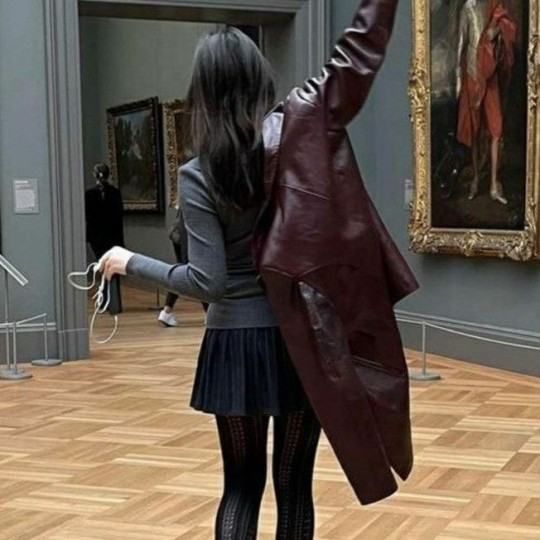
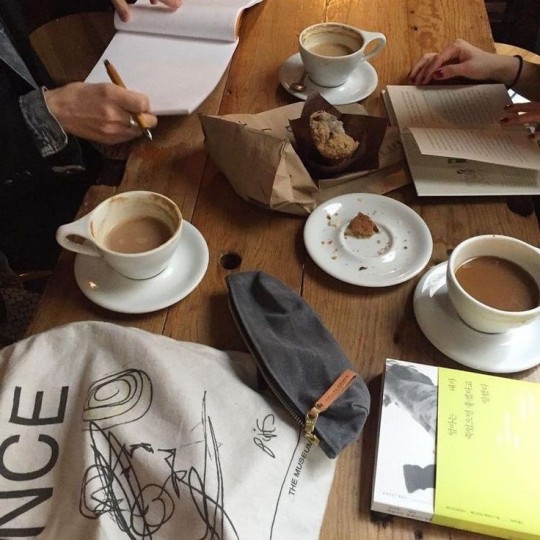



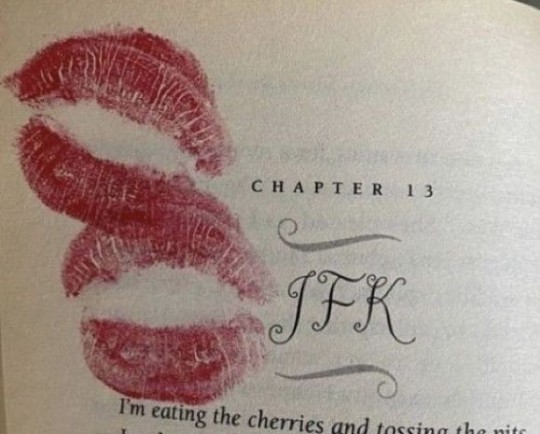


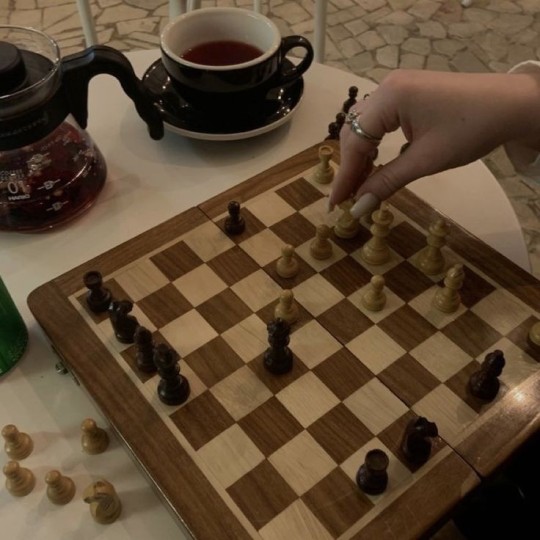
weak and weary
#aesthetic#dark academia#coffee#art#books#academia#college#light academia#studyblr#literature#dark acadamia aesthetic#dark acadamia quotes#dark academia moodboard#Pinterest#Study#edgar allan poe#classic literature#english language#literary quotes#Quotes#Writing#Writersblr#light acadamia aesthetic#light academia moodboard#chaotic academia
2K notes
·
View notes
Text
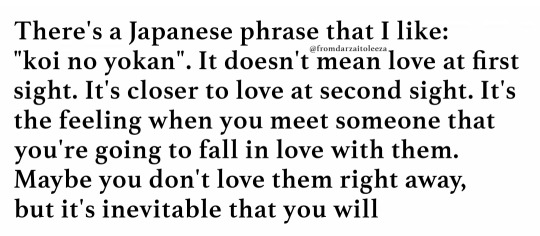
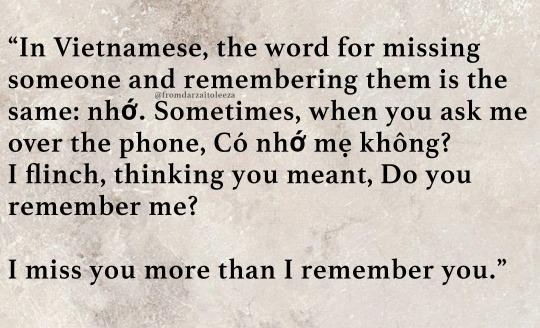
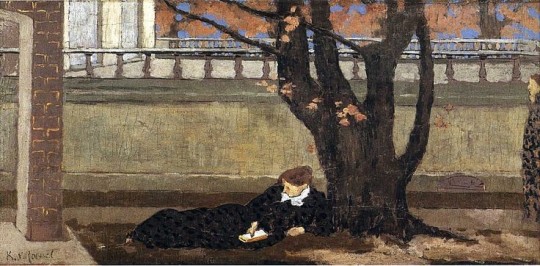
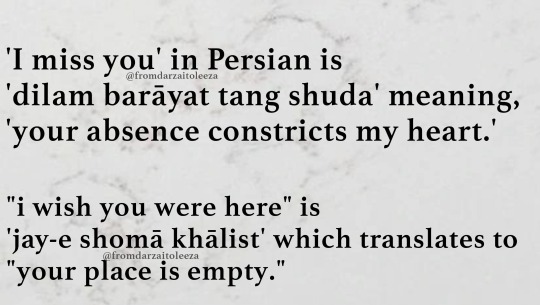
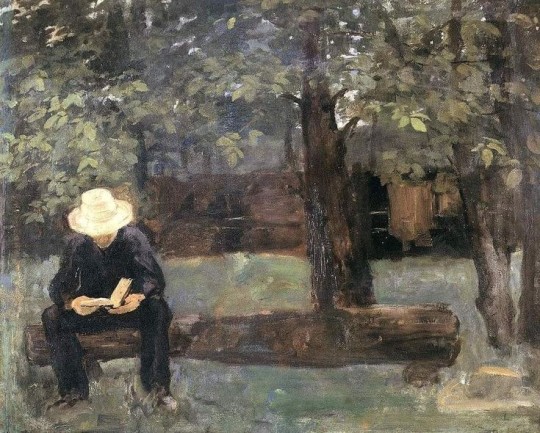
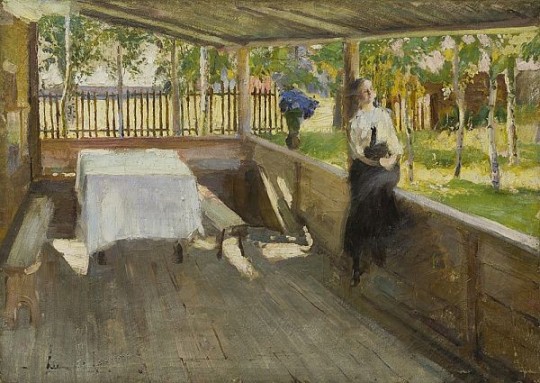
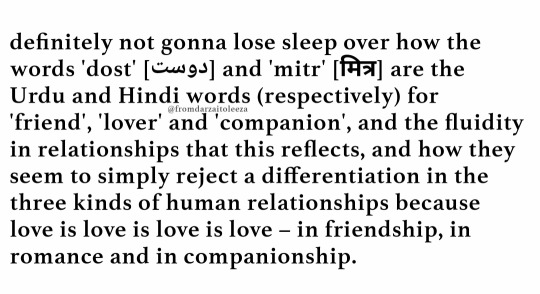


{Nicola Yoon, The Sun Is Also a Star/ Ocean Vuong, On Earth We're Briefly Gorgeous: A Novel/ removed the French one / u.k / words by @not-sewell /old Spanish sayings/ paintings by ker Xavier roussel/ "Man sitting on a Log", 1893, by Karoly Ferenczy/Pavel benkov/ salman toor}
{Add if you know something in your language too}
#language#web weaving#dark acadamia aesthetic#dark acadamia quotes#classic literature#english literature#literature quotes#literature#lit#book quotes#classic academia#dead poets society#poetry#poem#words#art#light academia#light acadamia aesthetic#chaotic acadmeia quotes#chaotic academia#chaotic academic aesthetic#romantic academia#love#spilled thoughts#spilled ink#writing#books and libraries#typography#dark academia#academia
5K notes
·
View notes
Text
today's headline: HL essay authorial choices fuck over local neurodivergent
#school#international baccalaureate#school quotes#english lang and lit#english#english language and literature
12 notes
·
View notes
Text
Hindi is not difficult. reading in Hindi is not difficult. writing in Hindi is not difficult. counting in Hindi is not difficult. Hindi numbers are not difficult (१२३४५६७८९०). alphabets क्ष,ष,फ are not difficult. you just consume, are surrounded by and have been taught english and the latin alphabets way more than your native language and script use some sense
(this goes for any language not just hindi btw)
#your phone your textbooks your chats with friends the media you consume everything is in latin or english bffr#india#hindi#indian#hindi language#hindi literature#desi tumblr#desi blog#desi tag#desi blr#desiblr#desi thoughts#desi teen#desi humor#desi core#desi culture#desi
495 notes
·
View notes
Text
once i start posting in latin it’s over for y’all
#i feel like we as a society must stop recognizing english as a universal tongue and go back to latin#tagamemnon#classics#classical literature#the aeneid#greek mythology#latin literature#roman mythology#latin#latin language#lingua latina
845 notes
·
View notes
Text

#edgar allan poe#poems and poetry#poem#poetic#poems and quotes#english language#english#literature#english major#meme#funny#funny memes#haha#lol#humor#funny shit#memes#funny post#weird memes#funny twitter#funny stuff
211 notes
·
View notes
Note
could you, perhaps, talk a bit about Middle English? thank you, you're so cool
Writing Notes: Middle English
Middle English alphabet

The chronological boundaries of the Middle English period:
Not easy to define, and scholarly opinions vary.
The dates that OED3 has settled on are 1150-1500.
Before 1150 being the Old English period, and after 1500 being the early modern English period.
In terms of ‘external’ history, Middle English is framed at its beginning by the after-effects of the Norman Conquest of 1066, and at its end by the arrival in Britain of printing (in 1476) and by the important social and cultural impacts of the English Reformation (from the 1530s onwards) and of the ideas of the continental Renaissance.

Two very important linguistic developments characterize Middle English:
in grammar, English came to rely less on inflectional endings and more on word order to convey grammatical information. (If we put this in more technical terms, it became less ‘synthetic’ and more ‘analytic’.) Change was gradual, and has different outcomes in different regional varieties of Middle English, but the ultimate effects were huge: the grammar of English c.1500 was radically different from that of Old English. Grammatical gender was lost early in Middle English. The range of inflections, particularly in the noun, was reduced drastically (partly as a result of reduction of vowels in unstressed final syllables), as was the number of distinct paradigms: in most early Middle English texts most nouns have distinctive forms only for singular vs. plural, genitive, and occasional traces of the old dative in forms with final –e occurring after a preposition. In some other parts of the system some distinctions were more persistent, but by late Middle English the range of endings and their use among London writers shows relatively few differences from the sixteenth-century language of, for example, Shakespeare: probably the most prominent morphological difference from Shakespeare’s language is that verb plurals and infinitives still generally ended in –en (at least in writing).
in vocabulary, English became much more heterogeneous, showing many borrowings from French, Latin, and Scandinavian. Large-scale borrowing of new words often had serious consequences for the meanings and the stylistic register of those words which survived from Old English. Eventually, various new stylistic layers emerged in the lexicon, which could be employed for a variety of different purposes.
One other factor marks out the bulk of our Middle English evidence from the bulk of our Old English or early modern English evidence, although it is less directly a matter of change in the language than in how it is represented in writing:
the surviving Middle English material is dominated by regional variation, and by (sometimes extreme) variation in how the same underlying linguistic units are represented in writing.
This is not because people suddenly started using language in different ways in different places in the Middle English period, but because the fairly standardized late Old English literary variety broke down completely, and writing in English became fragmented, localized, and to a large extent, improvised.
Some Terminology
Great Vowel Shift - A systematic change in the long vowels in late Middle English that resulted in a new array of vowels, which includes diphthongs and tense vowels but which no longer generates a systematic distinction for length. Also called the Tudor Vowel Shift.
Lengthening - The change of a short vowel to a long vowel; it took place systematically during Middle English.
Levelling - The loss of distinctions in inflected endings, especially in early Middle English.
Thorn - A letter from the Germanic runic alphabet added to the Latin alphabet in Anglo-Saxon England to transcribe dental fricatives. It was used through the Middle English period and was gradually replaced by the sequence [th].
Wynn - A letter form adapted from the Germanic futhorc to indicate the sound [w] in the writing of Old English. It was used up to the Middle English period.
Yogh - A letter form used in Middle English and derived from the earlier insular letter form for [g]. In Middle English it was used for one of several consonant sounds.
Sources: 1 2 3 4 5 6 7 ⚜ More: Notes ⚜ Writing Resources PDFs
Some French Loans in Middle English Part 1 2
Some Renaissance & Latin Loan Words in Middle English
"Beautiful" Middle English Words
You are too sweet (I'm farthest away from the definition of "cool" haha). Do go through the links above for more details as well as an online Middle English dictionary. Hope this helps with your writing!
#anonymous#middle english#literature#writers on tumblr#writeblr#writing reference#dark academia#langblr#spilled ink#writing prompt#creative writing#writing inspiration#language#linguistics#history#writing resources
116 notes
·
View notes
Text
Casually going on about my day when I realized I am:
Listening to a podcast in Arabic while reading resources in English for a literary analysis in Spanish!
What a privilege it is to navigate through different forms of knowledge with barely any language barriers.
#studyblr#langblr#español#study#spanish#English#Arabic#language#language learning#literatura#literature studyblr#spanish lit#language study
92 notes
·
View notes
Text
Saw a moon and texted her “what are you doing in my city?”
#spilled words#love#moon#romance#text#dark academia#dark romanticism#literature#her#poetry#intimacy#love language#caruccio#english literature
265 notes
·
View notes